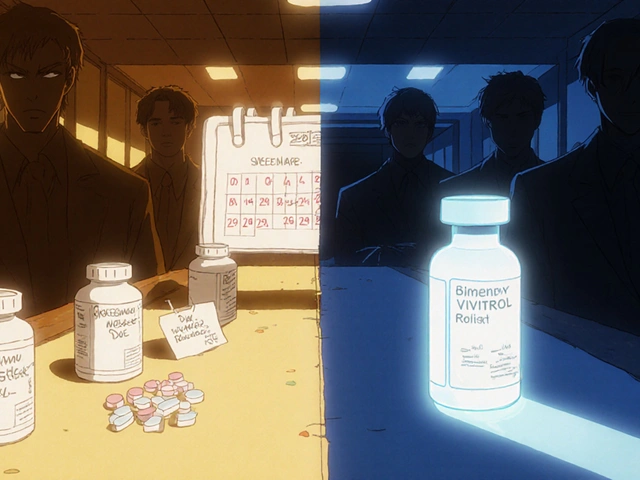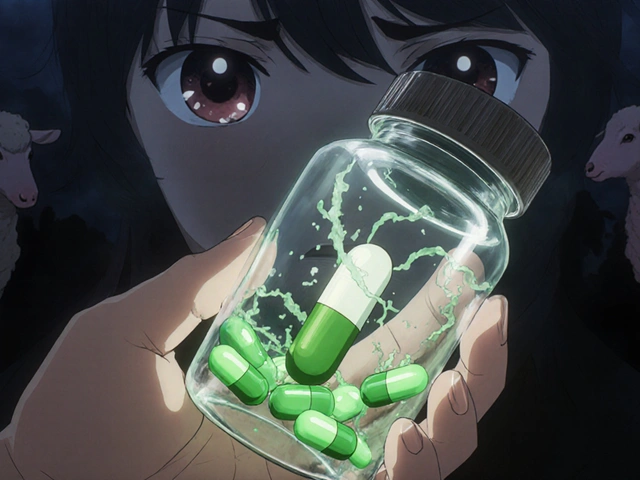Health effects: what to expect from medicines, conditions, and supplements
Every treatment—prescription drug, over-the-counter pill, or supplement—can change how you feel. Sometimes it's minor, like dry mouth. Other times it's big, like mood shifts or long-term organ effects. Here you'll find straightforward advice on spotting side effects, checking interactions, and knowing when to act.
Start by paying attention. Track new symptoms for a few days after you begin a drug or supplement. Note timing, severity, and anything that makes the symptom better or worse. This simple log helps your doctor connect the dots faster than vague descriptions like “I felt off.”
Quick checks before you start a treatment
Read the label and the leaflet. Look for common side effects and serious warnings. Ask: does this drug interact with my current meds? If you take blood thinners, antibiotics, antidepressants, or herbs like St. John's Wort, double-check interactions. A quick call to your pharmacist can prevent big problems.
Consider long-term risks. Some drugs cause immediate effects and others build up over months or years—think bone density loss, metabolic changes, or liver stress. If you have chronic conditions like diabetes, heart disease, or liver problems, ask how a new medication affects those conditions.
How to handle side effects and when to seek help
For mild issues—nausea, mild dizziness, or mild rash—try simple fixes: take with food, adjust timing, or use supportive measures like hydration. If a side effect is new and not listed in the leaflet, tell your clinician. Stop a drug immediately only if the leaflet or your clinician advises it or if you have severe reactions like breathing trouble, chest pain, fainting, or swelling.
Mental and emotional changes matter. Drugs like antipsychotics, some asthma meds, and certain allergy pills can shift mood, sleep, or thinking. If you notice new anxiety, suicidal thoughts, or sudden mood swings, contact your provider right away.
Natural doesn’t always mean safe. Herbal supplements can have strong effects and can interact with prescriptions. For example, supplements for sexual health or weight loss sometimes contain hidden active drugs. Treat supplements like any medication and ask your doctor about them.
Want targeted reads? Check our practical articles: 'Risperdal Explained' covers antipsychotic effects and monitoring, 'How to Take Ciprofloxacin Safely' explains antibiotic risks and food interactions, and 'Understanding the Lasting Impact of Ulcerative Colitis' looks at long-term body effects. We also review safer online pharmacies, alternatives to common drugs, and natural remedies—each piece gives clear steps you can use.
Use common sense, keep notes, and ask questions. If something feels wrong, trust your gut and get professional advice. Health effects are often manageable when you act early and stay informed.
As a blogger, I've come across some interesting research lately about the connection between alcohol consumption and folate deficiency. It turns out that excessive alcohol intake can actually lead to a decrease in the levels of folate in our body, which is an essential nutrient for our overall health. This is because alcohol interferes with the absorption and metabolism of folate, causing a deficiency over time. As a result, people who consume large amounts of alcohol are at a higher risk for health problems related to folate deficiency, such as anemia and birth defects. So, it's crucial to be aware of your alcohol intake and ensure you're getting enough folate through your diet or supplements to maintain a healthy lifestyle.
Read more






